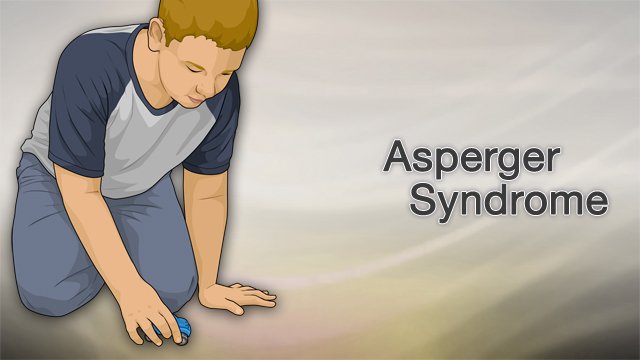What Is Asperger Syndrome?
Asperger syndrome, or Asperger’s, is a previously used diagnosis on the autism spectrum. In 2013, it became part of one umbrella diagnosis of autism spectrum disorder (ASD) in the Diagnostic and Statistical Manual of Mental Disorders 5 (DSM-5).
Typical to strong verbal language skills and intellectual ability distinguish Asperger syndrome from other types of autism.
Asperger syndrome generally involves:
- * Difficulty with social interactions
- * Restricted interests
- * Desire for sameness
- * Distinctive strengths
Strengths can include:
- * Remarkable focus and persistence
- * Aptitude for recognizing patterns
- * Attention to detail
Challenges can include:
- * Hypersensitivities (to lights, sounds, tastes, etc.)
- * Difficulty with the give and take of conversation
- * Difficulty with nonverbal conversation skills (distance, loudness, tone, etc.)
- * Uncoordinated movements, or clumsiness
- * Anxiety and depression
- * The tendencies described above vary widely among people. Many learn to overcome their challenges by building on strengths.
- * Though the diagnosis of Asperger syndrome is no longer used, many previously diagnosed people still identify strongly and positively with being an “Aspie.”
Asperger therapies and services
- * Cognitive behavioral therapy can help address anxiety and other personal challenges.
- * Social skills training classes can help with conversational skills and understanding social cues.
- * Speech therapy can help with voice control.
- * Physical and occupational therapy can improve coordination.
- * Psychoactive medicines can help manage associated anxiety, depression and attention deficit and hyperactivity disorder (ADHD).
Read More
